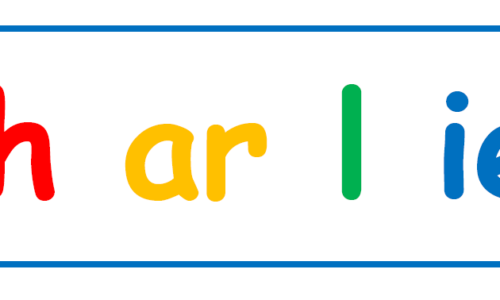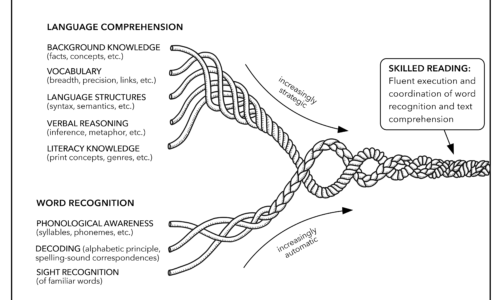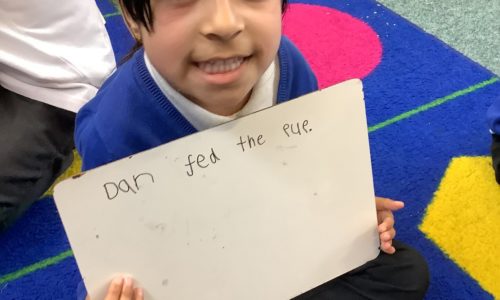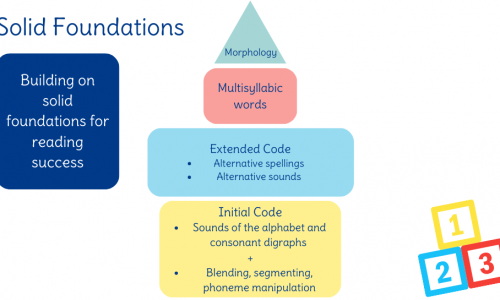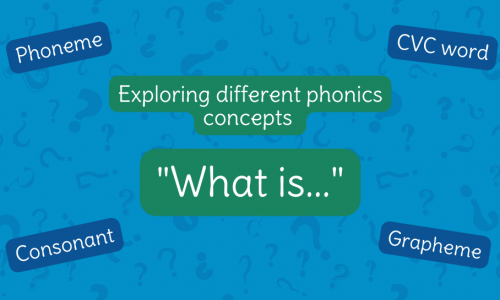
In our ‘what is…’ series we’re taking things back to basics! From phonics to decoding, blending and more, we’re going to break things down and give you our expert advice on each area, to help answer any questions you may have around teaching reading. *** The Alphabetic Code is the framework that shows how the […]
Read More

